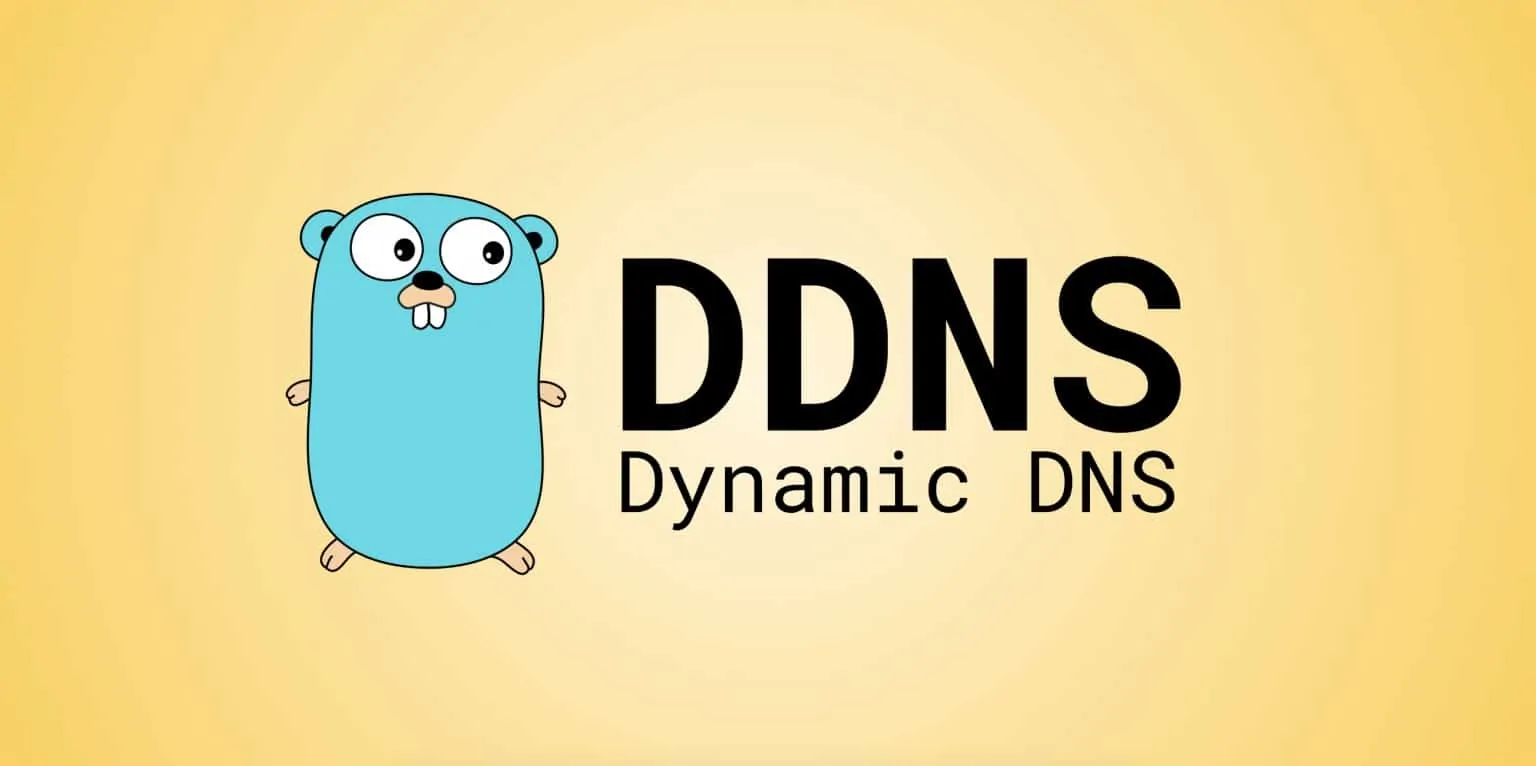A Dynamic DNS (DDNS) isn’t a protocol, but a service that streamlines managing devices with frequently changing IP addresses. It allows users to connect to these devices using a memorable domain name (like “yourname.com”) instead of a complex and ever-changing numerical IP address (like “123.45.67.89”).
Here’s how DDNS overcomes the challenge of dynamic IP addresses:
The Problem: Static vs. Dynamic IP Addresses
Traditional Domain Name System (DNS) works by associating a fixed domain name with a static IP address. This static IP address never changes and acts like a permanent address for your device on the internet. However, many internet service providers (ISPs) assign dynamic IP addresses to home and business networks. These dynamic IP addresses can change periodically, making it difficult to access your devices remotely using a domain name. Imagine having a website but its address kept changing – you’d lose visitors quickly!
The Solution: DDNS as the Dynamic Link
Dynamic DNS acts as a bridge between your dynamic IP address and your domain name. A DDNS client software is installed on your device (router, computer, etc.) and periodically checks your current IP address. This software acts like a scout, constantly monitoring your network’s address. When a change is detected, it communicates this information to the DDNS service provider, which acts like a command center. The service provider then automatically updates the DNS record for your domain name with the new IP address. This ensures your domain name always points to the latest location of your device, even if its IP address changes.
Benefits of Dynamic DNS: Beyond Convenience
Dynamic DNS offers a range of advantages that go beyond simply avoiding the hassle of memorizing ever-changing IP addresses:
- Remote Access Made Easy: With DDNS, you can easily access your home network devices (security cameras, web servers, etc.) from anywhere in the world using your chosen domain name. This is particularly useful for managing remote servers, checking in on home security systems, or accessing personal files stored on a home computer.
- Enhanced Security: Dynamic DNS can indirectly contribute to improved security by allowing you to implement stricter access controls on your home network. By using a domain name for remote access, you can limit access to authorized devices or users who know the specific domain name. This adds an extra layer of security compared to relying on a publicly visible IP address.
- Scalability for Growing Needs: DDNS is ideal for devices with dynamic IP addresses that need to be accessible remotely, such as web servers or game servers. As your needs evolve, DDNS can accommodate additional devices on your network without requiring complex configuration changes for each one.
The Rise of Dynamic DNS and the Future of IP Management
The internet’s rapid growth has led to a shortage of static IP addresses. Dynamic IP allocation by ISPs helps manage this limited resource pool. However, it creates a challenge for users who need to access devices remotely. Dynamic DNS elegantly solves this problem by automatically updating DNS records, ensuring seamless connectivity despite changing IP addresses.
As the internet continues to expand and the number of connected devices grows, DDNS is likely to become an even more essential tool for managing remote connections and ensuring user-friendly access to devices with dynamic IP addresses.






